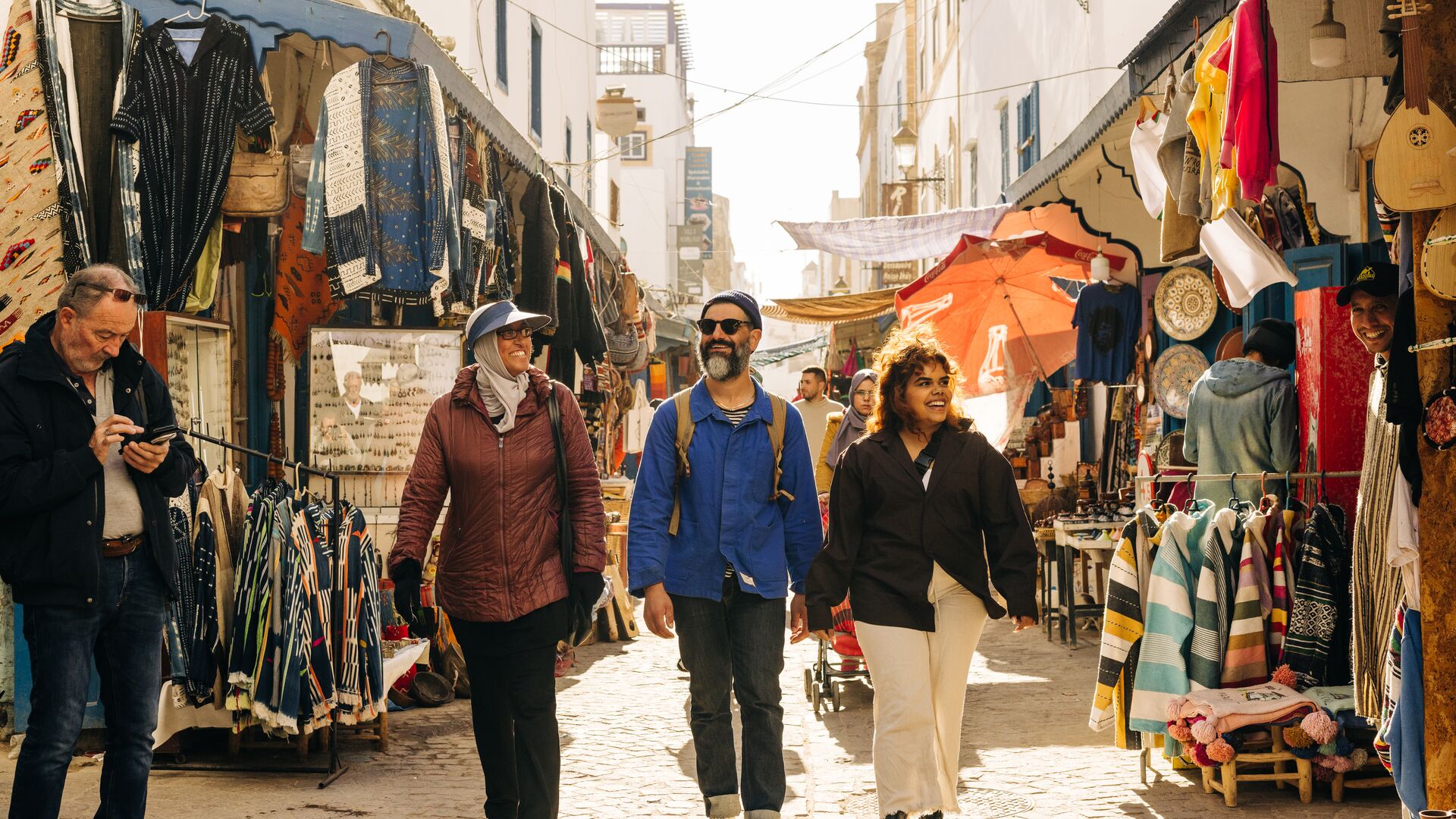Ready for an out-of-the-box adventure? Take your pick of Intrepid’s best new trips for 2025.
Revel in the bazaar
Marrakech is synonymous with sensory overload. But if you slow down and tune in to the everyday rhythm of local life – often found in the souks of the labyrinthine medina and the city’s vibrant main square – a distinctly Moroccan beat emerges.

Play Video
